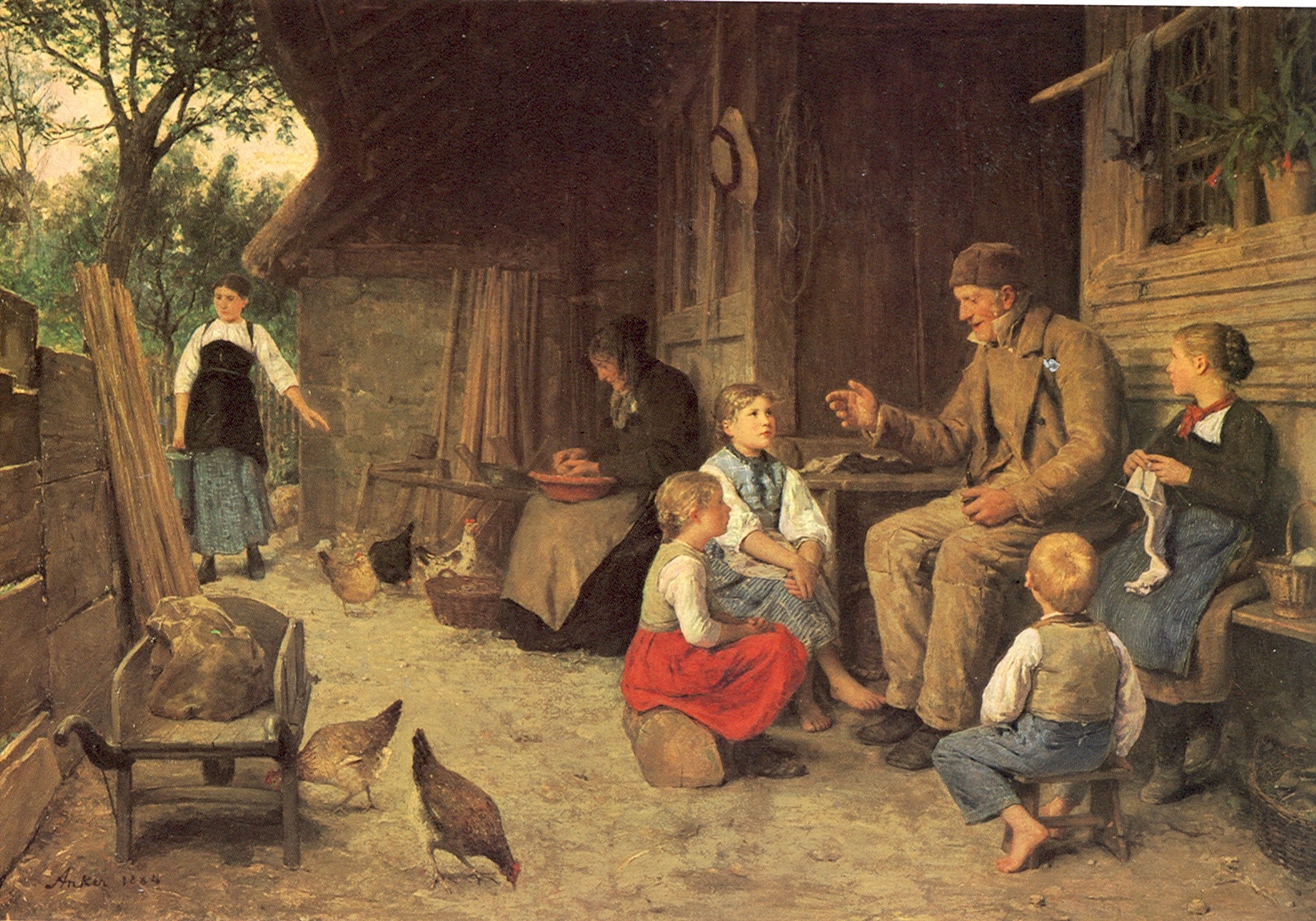
Landed in Kuala Lumpur (KL) an hour back and I am simply blown by the way the city is designed. Met a lovely Malaysian sexagenarian of Sri Lankan origin on flight who said that "KL is the most friendly city for tourists." So what makes it friendly?
The cleanliness? Er, maybe. Spotted a cockroach this morning at the airport (not reading too much into it, they are the toughest insects known to man!)
The grandeur? Possibly, the airport and station was huge but I personally thought T2 in Mumbai was more spectacular.
I think we miss the thing that makes KL (or for that matter any world city) tourist friendly and a smart city is the fact that it is well designed and well mannered.
The hallmark of its design is evident in the fact that not once so far have I felt lost. And the hallmark of its people's manners is from how they spoke and helped us when we reached KL or looked for help. The simplicity and seamlessness of the design makes it so bloody good!
I go back to the Sri Lankan sexagenarian who I met on the flight and what she had to say about Mumbai: Poor signage with most signs at crucial junctures only in hindi and not in English, ill mannered people with her family being manhandled at the temples where she went for prayers and to pay homage to the Gods. I convinced her to come back to India and visit some of the other smaller towns and hamlets where the people are still warm and where tourists are treated well. But if we indeed want to have smart cities India we are going to need better design and better manners in treating people.





